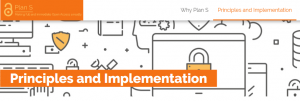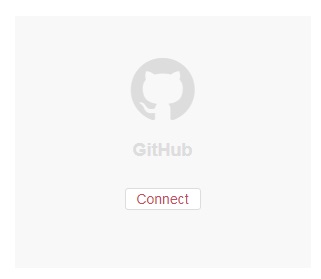There are a lot of different types of literature review and there is a lot of different terminology surrounding literature reviews.
This creates confusion and there is a particularly large amount of confusion regarding systematic reviews. The term, strictly speaking, refers to a specific and particularly rigourous method that has its origins in biomedicine and healthcare (although it is adapted and used in other disciplines). However, many people use the term to refer to a ‘regular’ literature review that is methodical and comprehensive.
In short, if somebody asks you to carry out a systematic review, it is worth clarifying exactly what they have in mind.
Here, we will spell out the differences between ‘regular’ literature reviews and systematic reviews as we see them:
‘Regular’ literature reviews
A regular literature review involves finding, analysing and synthesizing relevant literature, then presenting it in an organised way to the reader.
Regular literature reviews can be methodical and comprehensive. They can involve attempting to find all the literature there is on a topic, recording results and reflecting on strategies. We could even describe them as being “systematic” in an informal way but they do not employ the full formal methods of a systematic review, as outlined below.
Systematic reviews
In biomedicine and healthcare a systematic review aims to be exhaustive, objective, transparent and replicable, employing specific methods to reach these goals. It typically involves stages such as:
- Creation of a structured research question to guide the process
- Writing a protocol or following a previously established protocol, which sets out the methods the systematic review will use
- A protocol covers things like which databases will be used, why they will be used, what keywords will be used, what other search techniques will be used. The protocol is usually developed through testing and is often peer-reviewed
- A methods sections, including:
- A list of all databases and/or journals that were searched
- The exact keywords, limiters etc. that were used
- When each search was undertaken
- How many results each seach found
- The titles and abstracts of articles found are compared against inclusion criteria
- Meta-analysis may be undertaken
- In this context, meta-analysis refers to the statistical analysis of data from comparable studies
- Reporting on the results of all included studies, highlighting any similarities and differences between them
A systematic review is often preceded by a scoping review, a relatively brief search of relevant databases, which aims to tell you whether your research question, in its current form, is worth pursuing or whether it needs changing. This a process tells researchers whether a recent or ongoing review of the topic already exists – if it does then a new systematic review may not be necessary.
The description above is necessarily brief and partial. We recommend that you consult guidance such as that produced by the Centre for Reviews and Dissemination (CRD) for a fuller explanation of how systematic reviews work in biomedicine and healthcare.
As mentioned, the systematic reviews method has been adapted by other disciplines. For example, the Campbell Collaboration have adopted the method, defining systematic reviews and producing guidance with a focus more on the social sciences. There are also books (e.g. this book we have in print at the Library) and articles (e.g. this article which is open access) on systematic reviews in the social sciences.
If you want to know more about systematic reviews, you can also watch the recording of the online training session by Library Services (OU login required).









